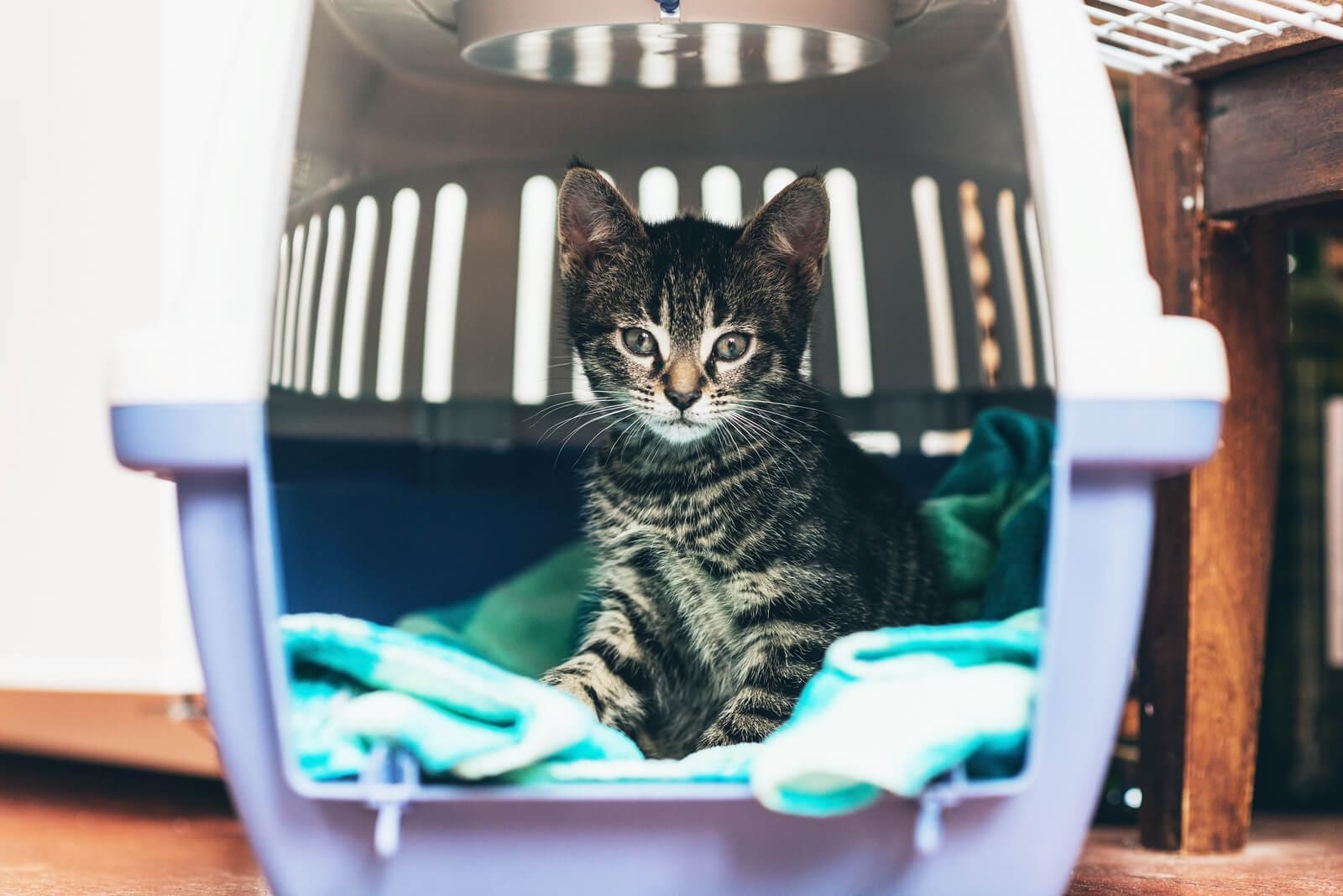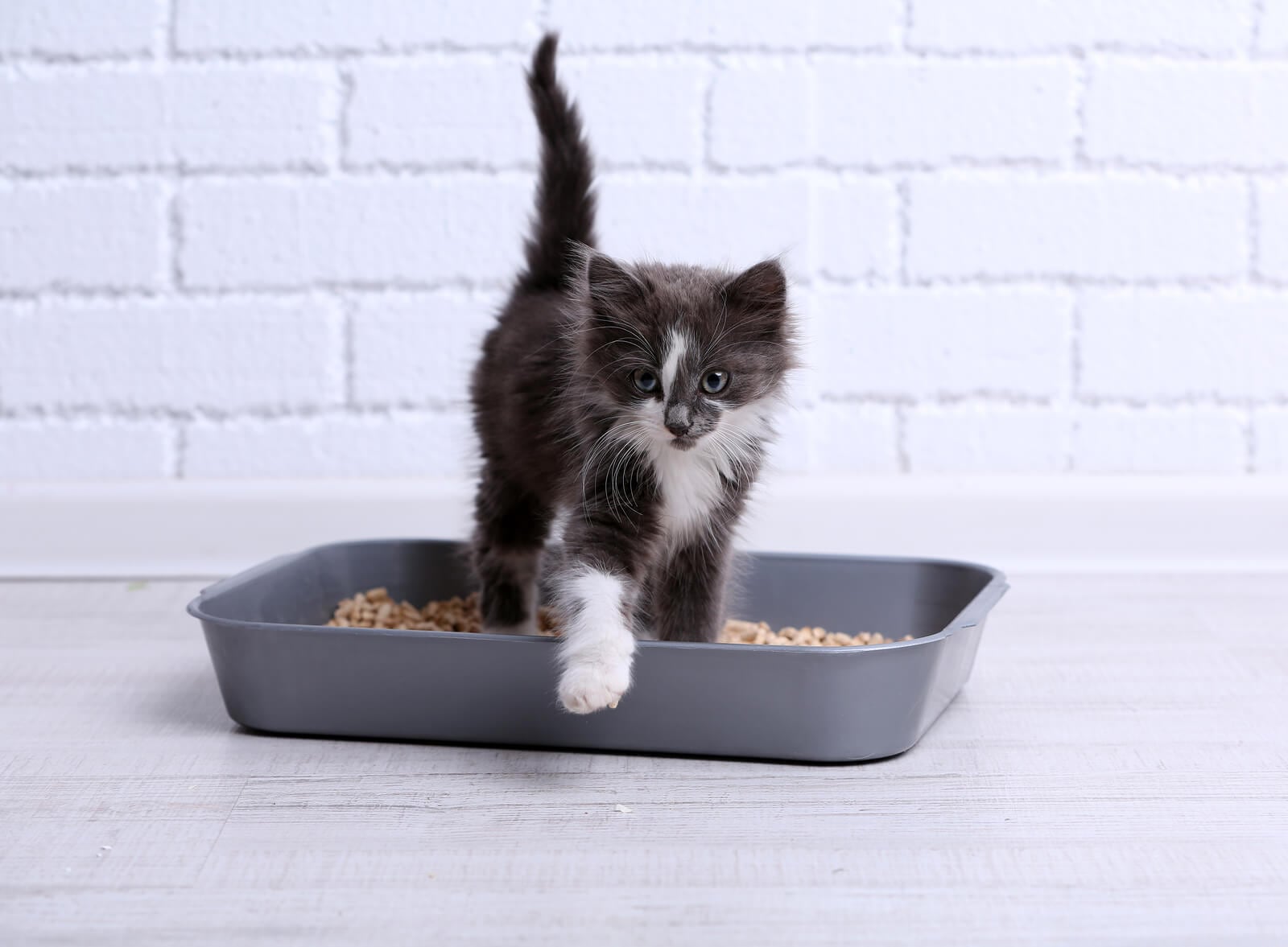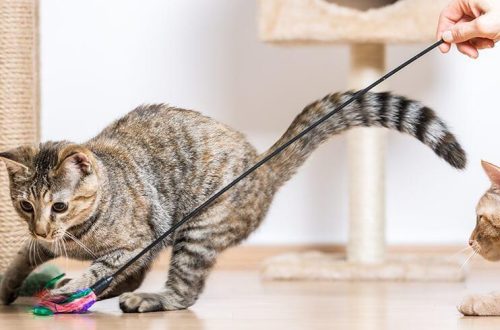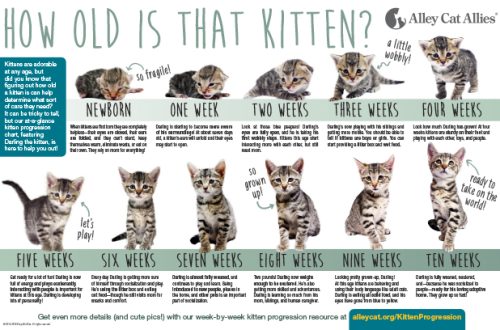
How to get a kitten: the definitive guide
The appearance of a kitten in the house is a big deal that requires a lot of effort, but at the same time brings a lot of joy. Perhaps the house already has a beloved pet or the family is just waiting for replenishment. How to prepare the house for the appearance of a kitten?
Contents
Got a little kitten: what to expect
Raising a kitten is not at all the same as having an adult cat. Kittens have boundless energy and curiosity, and raising them takes a lot of time and effort. For proper socialization, the baby needs not only a lot of affection and play time, but also attentive supervision, which will help keep him out of trouble. Kittens, despite their endless charm, can be very tiring. But a cat will not be a kitten forever, which means she will never be so small and cute again. We must try to enjoy this period and not forget that the connection that is formed at this time will last her entire cat’s life.
How to prepare a house for a kitten

The first thing to do in time for the kittens to appear is to secure the house by carefully inspecting each room from the position of a kitten. Close and block off windows, vents, and any nooks and crannies that the little explorer might climb into. Electronics, wires, window curtain ropes, and any other filamentous items are best kept out of the kitten’s reach. It is necessary to get rid of objects that can cause suffocation.
You also need to give the kitten a quiet corner as a “base camp”, where he can gradually get used to his new environment. Other pets should not be allowed in this place. Small children should only be there under adult supervision. It is necessary to put a tray there, bowls for food and water, put a comfortable bedding and toys. It is generally recommended to place food and water away from the litter box because cats do not like to eat near the litter box. This place will become a safe haven for the baby while he gets used to the family members and to the strange sounds and smells of his new home.
If other pets live in the house, you should keep the door closed or use special fences to keep them out. Gradually, you can allow them to come closer to the fence and finally allow them to get to know each other and sniff each other from a safe distance. They can then be allowed to approach each other under supervision, but only on the condition that they accept each other’s presence without signs of aggression. Introducing the cat to other pets should be done only after the veterinarian has given him all the vaccinations and issued a health certificate.
It is necessary to purchase a number of accessories that will help take care of the baby. Here is what you need to have before getting a kitten:
- Quality food for kittens.
- Cat treats – you can make your own from kitten food so that your pet receives only quality nutrients.
- Water.
- Tray and filler.
- Litter.
- Cat carrier.
- Collar and tag-address.
- Brush and/or comb for grooming.
- Special Toothbrush and toothpaste.
- Scratching post and toys for kittens.
The appearance of a kitten in the apartment: how to feed it
Kittens should stay with their mother until they are eight weeks old. By this time, they are usually fully weaned and able to regulate their body temperature. But if you have to care for a newborn or a very small kitten, it must be kept warm and fed kitten formula every two to three hours. In such cases, it is best to consult your veterinarian about the correct feeding schedule and other important points.
As a rule, fluffy babies who are taken to a new home are already weaned and accustomed to solid food. If possible, you should ask the previous owner or shelter staff to provide a supply of food that the kitten is used to for about a week. If it becomes necessary to change food, it should be done slowly, mixing a small amount of new food into the current one and gradually increasing its volume over the course of a week. This will help prevent your fluffy baby from having digestive problems. For Hill’s recommendations for changing your cat’s food, click here.
For feeding, you should choose high-quality feed, specially designed for growing kittens. Kitten food should be high-calorie, rich in protein and easily digestible. The kitten’s feeding schedule must be adjusted according to age:
- Up to six months: Feed the kitten three to four times a day. At this stage of rapid growth and development, babies need a lot of calories. At this time, it is easier to feed the kitten in free mode, leaving a bowl of food where he can go at any time when he is hungry.
- Six to nine months: As a kitten enters adolescence, growth slows down and requires fewer calories, so it should not be fed more than twice a day.
- Nine to twelve months: By twelve months, a cat is no longer a kitten. As cats approach maturity, which occurs at about nine months in cats, you can switch your pet to adult cat food. In addition, it is necessary to start monitoring the weight of the cat so as not to overfeed it.
In addition to high-quality food, the kitten should always have free access to clean fresh water. Do not give him milk, which can cause an upset stomach in your pet. Contrary to popular belief that cats love milk and cream, their bodies are unable to properly digest dairy products. Such treats can lead to diarrhea in them, which will not bring joy to anyone.

Toilet training a kitten should be high on the priority list from the first day it arrives in the house. Babies who stay with their mother until weaning usually learn about the purpose of the litter box by watching the mother. As a rule, the kitten already knows what to do and how to do it, and the only task of the owner is to show him the tray.
You may need to remind your baby where his litter box is and use positive reinforcement such as treats and praise. After some time of such activities, he will get used to using the tray on his own, without prompting. At this stage, it will be useful to have a couple of places for hygiene procedures in the house in order to provide the pet with easy access to the toilet.
In addition to toilet training, animal training is important, which usually involves establishing and reinforcing boundaries and house rules. Again, when training a kitten, you need to emphasize positive reinforcement and avoid punishment or scolding.
Under no circumstances should you hit or shake the baby. Instead, it’s best to ignore him when he misbehaves and reward good behavior with praise, treats, and displays of affection. If you can’t ignore bad behavior, you need to redirect your pet’s attention to something else. For example, if a kitten has bitten or scratched his hand, you can give him a toy. If he scratches furniture, you will have to patiently redirect his attention to the scratching post or a special rug. If all else fails, you will have to arrange a timeout for the stubborn, limiting him to movement for some time.
Cats can be trained in other ways. These pets are very intelligent and able to learn a lot, although their independent nature may indicate otherwise. Training any animal requires patience. You should start with simple commands, for example, teach the kitten to respond to the name. Other commands can then be introduced gradually, such as “sit”, “down”, and “sit”. Again, it is important to use positive reinforcement so that the kitten does not lose these skills as it matures.
Early childhood is a critical time for the socialization of pets. In order for an adult animal to be balanced, in childhood it is necessary to play with it often, calm it down in case of stress and introduce it to as many new situations, sounds, smells and sensations as possible.
It is best to train your cat for a collar, carrying, driving, and grooming procedures such as bathing, combing, nail trimming, and brushing teeth from a very young age. A kitten is the same child who is just beginning to explore the world. Sometimes he can be frightened by what he sees or hears. In such cases, it is important to calm the pet and, having stopped vigorous activity, give him the opportunity to rest in a safe place.
When he begins to get used to what scares him, you can gradually introduce new incentives. Kittens have a surprisingly curious nature, and then they become fearless in their desire to explore the world around them. How else can you explain the desire of a tiny kitten to snuggle up to a big dog?
Games and physical activity
Kittens need to be played with to provide them with the necessary physical activity. Not only will this help form a bond with your pet, it will also improve their blood flow, which is vital for their healthy development. It is necessary to allocate time every day to play with a young friend, for example, chasing a mouse on a string or a ball .. In addition to getting the necessary physical activity, the kitten is guaranteed to be exhausted before going to bed.
Dream
At a young age, kittens sleep a lot – about 16-20 hours a day. For this reason, it is important that he has a comfortable place where he can take a nap during the day and sleep at night. It is better not to settle him in his own bedroom, but to equip him with a separate corner. So he can comfortably settle in his own personal space. It is not uncommon for kittens to wake up in the middle of the night and meow loudly in the hope of getting attention, but unlike a crying baby, you should do your best to ignore these attempts. Gradually, the pet will understand that the night is meant for sleep. This way you can avoid the consolidation of unwanted habits, as a result of which the owner would have to get up every night.
Vaccinations and preventive check-ups
A young pet must undergo a medical examination within a week after moving to a new home. At the first visit, the veterinarian will check for parasites, feline leukemia and other health problems, and will give the first vaccinations if they have not already been delivered.
It is necessary to discuss with the veterinarian the planning of further vaccinations, the regimen for combating fleas and other parasites, as well as spaying / castration. During the first visit, you should ask the specialist any questions about the care and nutrition of the kitten.
Raising a pet can be a daunting task, but the owner is guaranteed years of love, loyalty, and affection. In addition, this is a unique opportunity to watch how a tiny fluffy ball turns into a well-groomed and healthy adult cat.
Now, knowing everything about kittens and the process of raising them, the owner will be able to provide his new furry friend with a warm, hospitable home and a wonderful life.
See also:
How to Understand Your Kitten Why My Kitten Scratches Everything The Importance of Cat Health – From Kitten to Healthy Cat At what age should I get a kitten? How to potty train a kitten? How to start training a kitten?





